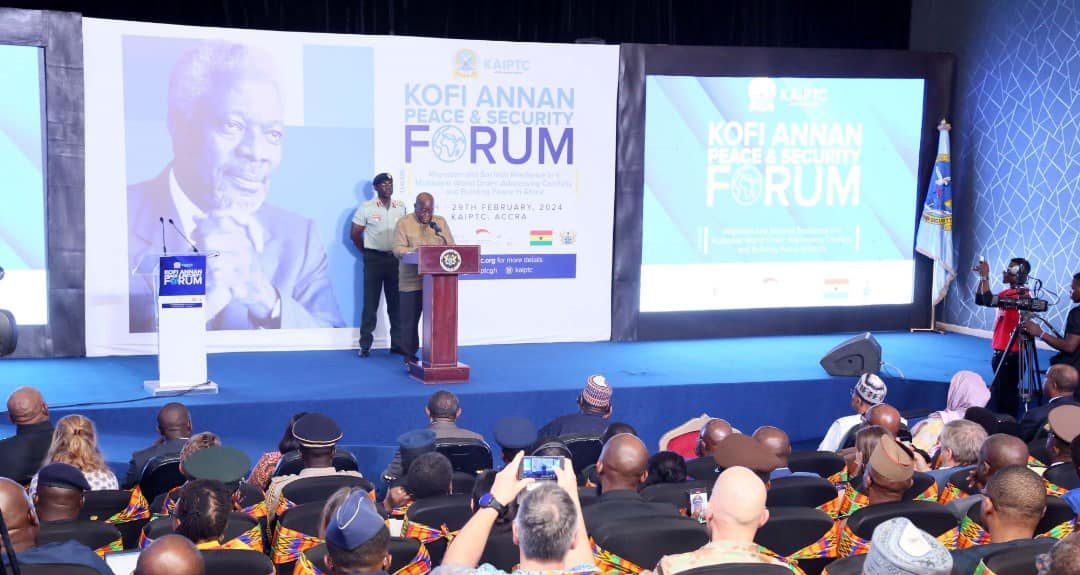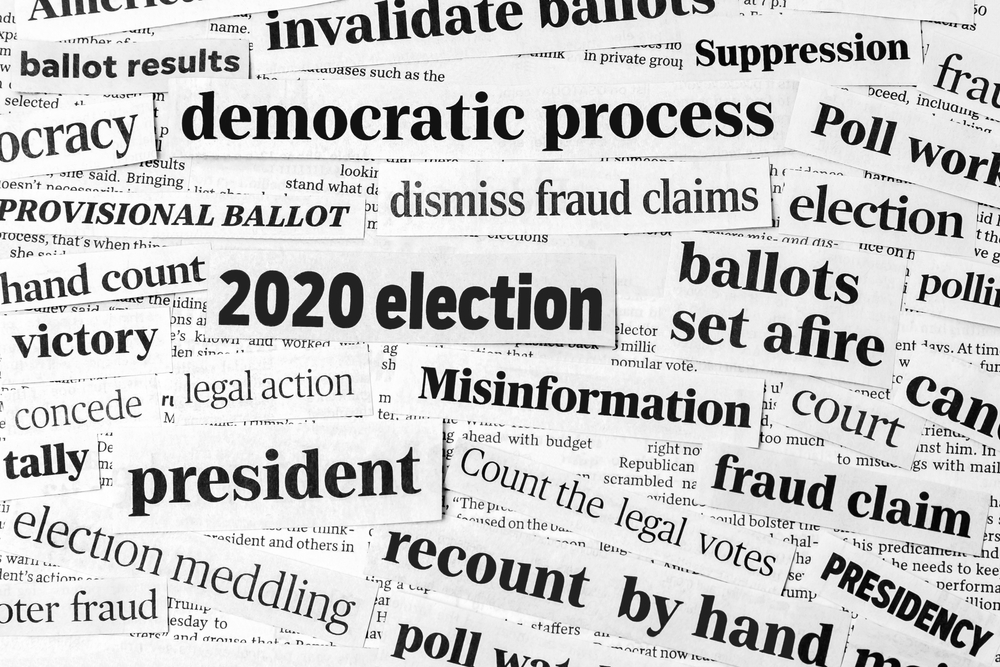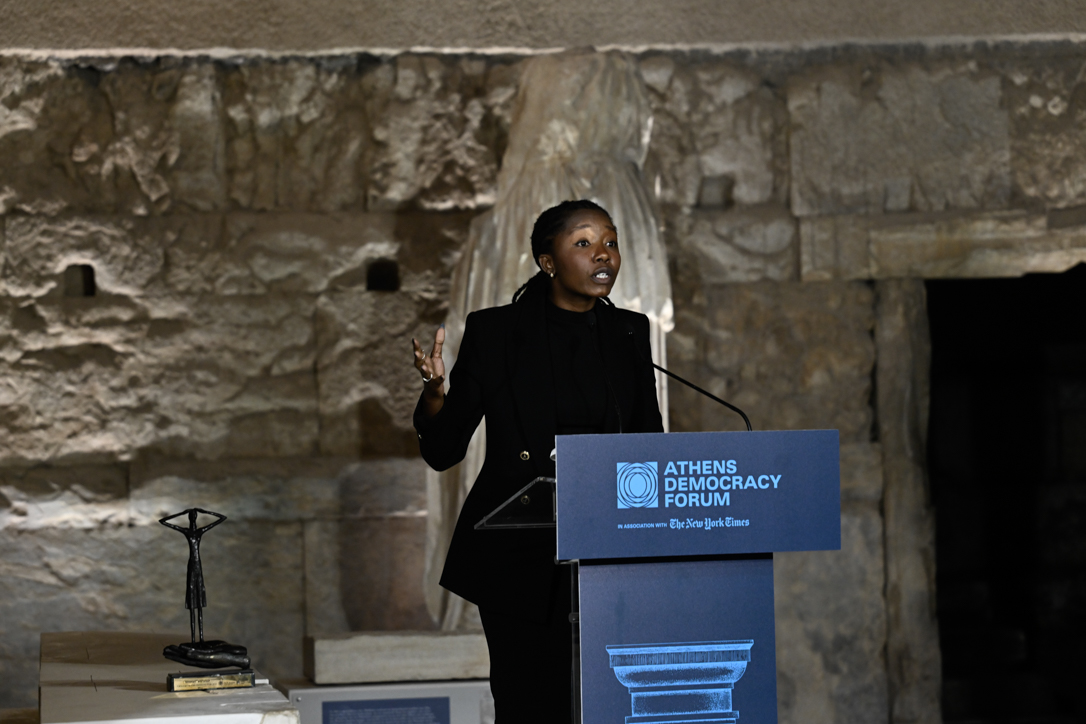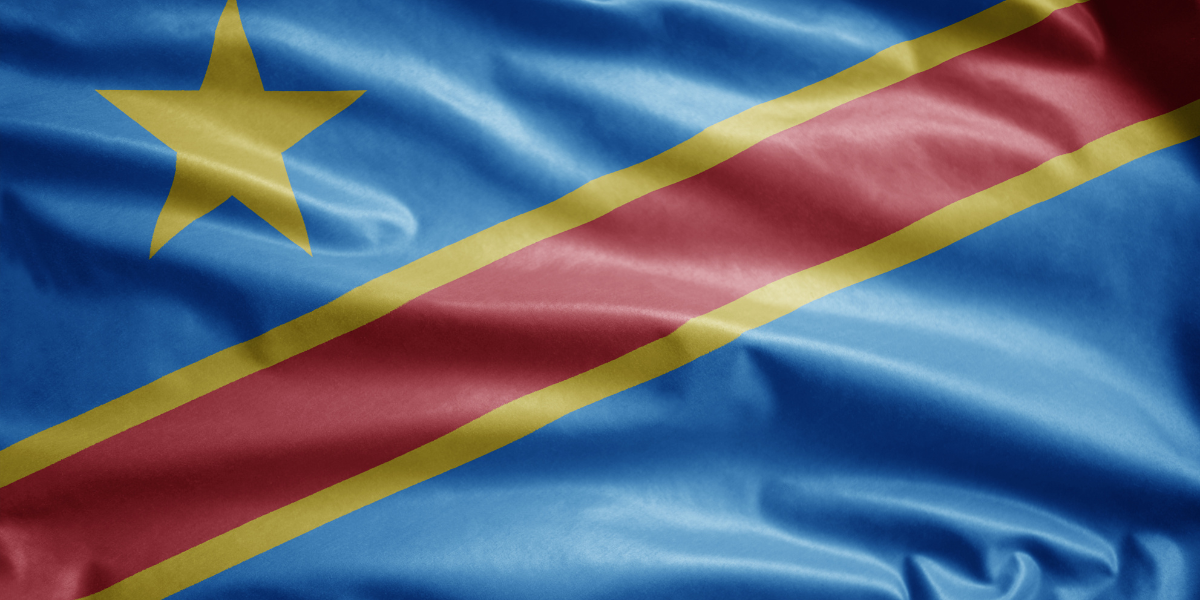Elections to Peace: a matter of trust
On 31 May 2021, 22 unlocked boxes filled with 7,000 ballots were found on a Genevan pavement just a couple of weeks before an election. It turned out they had been left there, unsupervised, for three days by a postman’s honest mistake. The elections proceeded smoothly, according to schedule.
“If that had happened in my country, it would have provoked a political crisis, I would have been fired and the elections cancelled,” confided the chair of a national election commission. The incident, shared by the deputy head of Geneva’s election authority, highlighted that electoral irregularities occur everywhere. That such incidents in one country can spark a major political crisis, whereas in Switzerland, this “scandal” did not comes down to the degree of trust in institutions and processes.
Trust was the overarching theme of the second edition of the Elections to Peace (E2P) high-level retreat, co-organised by the Federal Department of Foreign Affairs (FDFA), the Kofi Annan Foundation, and the Geneva Graduate. The three-day meeting brought together delegations from four countries facing fraught elections, Swiss diplomats and international experts from leading organisations in the field, including the United Nations (UN), European Union (EU), International Institute for Democracy and Electoral Assistance (International IDEA), International Foundation for Electoral Systems (IFES), National Democratic Institute (NDI), and Open Society Foundations (OSF).
“E2P was born of the need to see how best elections might serve to consolidate or foster peace and not conflict.”
Ambassador Simon Geissbühler, director of the FDFA’s peace and human rights division, reminded participants that E2P was created under the aegis of the late Kofi Annan in recognition that “all too often, electoral processes contribute to civil unrest, violence and chaos.”
Professor Kuna, chief technical advisor for the Independent National Electoral Commission (INEC), with Idayat Hassan, director of the Centre for Democracy and Development (CDD) and Professor Yakubu, Chair of INEC at the Elections to Peace retreat.
Barbara Perriard, from the Swiss federal chancellery, explained that the roots of trust in Swiss electoral institutions and processes are their venerable age, openness and transparency, and proximity to the citizenry thanks to their decentralized, federal nature.
However, the 2020 American elections highlighted that these characteristics are no solution for ensuring trust. Moreover, social media have provided “bad actors” with unparalleled tools for sowing and spreading distrust even within well-established democracies.
Steven Barela, an American expert from the University of Geneva, stressed the unknown scale of online foreign interventions in that election, even now. If even the most technologically advanced democracy could not measure, let alone manage, foreign digital manipulation of its public opinion, he wondered what chance fledgling democracies in developing countries have.
Sébastien Brack, a senior advisor to the Kofi Annan Foundation, reminded participants that while the internet and social media were mainly regarded as a threat to democracy in the Global North today, in many countries of the Global South they had actually opened up political space and allowed opposition parties, human rights defenders and journalists to access and share more information than ever before. “We have to be careful not to throw out the information baby with the disinformation bathwater.”
Sebastian Brack, Kofi Annan Foundation (far right) moderates a panel on ‘Preventive diplomacy for peaceful elections’ during the Elections to Peace retreat. Panellists: Olufunto Akinduro (IIDEA), Martin Luther Agwai (NPC), Bujar Basha (OSCE), Isaac Maposa (ZI), Siri Walt (FDFA).
Irene Khan, the United Nations Special Rapporteur on freedom of opinion and expression, concurred and stressed that many governments have been cracking down on free speech and critics in the name of addressing disinformation. She stressed that it is extremely hard to determine what disinformation is, given the mix of accurate and inaccurate facts and opinions usually involved.
“Trust is the key to the acceptance of results.”
Daniel Braun, the EU official who has been steering European efforts to regulate social media companies through a code of conduct and the Digital Services Act, explained that what is illegal offline, such as incitements to violence or libel, must become illegal online. He put his finger on the key challenge: social media companies are private spaces that have become major public squares with far-reaching political and cultural implications. They cannot, therefore, avoid public oversight and regulation any longer and pointed out that the tech companies themselves have understood this. Trust is the key to the acceptance of results, agreed the participants. But Maarten Halff, the policy director of the United Nations Electoral Assistance Division, stressed that “it’s easy to accept the results if you’re the winner (of an election); we have to pay more attention to the losers’ playbook.” He went on to paint a much more nuanced picture of the factors that come into play when a loser is considering whether or not to concede.
Trust in the process is only one factor, Halff opined. Other key factors include the stakes involved, political, legal and/or economic; the margin of defeat (the narrower the margin, the greater the temptation to contest the results); trust in the courts, the expectations of their supporters, and the statements of observers, neighbouring states, regional organizations and the international community.
The importance of an election’s regional and international legitimacy gives diplomats, regional and international organisations and even international NGOs some influence on the behaviour of candidates in elections. As it happened, one of the panels discussed the potential, risks, and limitations of preventive diplomacy. Common messaging by the international community can help pressure political actors to play by the book, but some participants complained that it often cares more about averting electoral violence in the name of stability than ensuring a fair election, let alone a competent and legitimate government. The panel included representatives of the Nigerian Peace Committee (NPC) and the Zimbabwe Institute (ZI), domestic mediation organizations which can take a longer-term and holistic view but who also benefit from international support.
The final panel looked at election dispute resolution, contrasting the role of courts of justice with more informal mechanisms like those proposed by ZI or the NPC, which can help mediate disputes to avoid escalation and violence. Justice Maraga, who famously cancelled the 2017 presidential elections over irregularities, called for more, not less, judicial activism, stressing the responsibility of courts in defending democracy.
![]()
E2P was one of the last activities of the Foundation in which Kofi Annan participated in person. Since his experience mediating the Kenyan election crisis in 2008, he had become convinced that elections could not, and should not, be approached only from the angle of technical cooperation, as important as it may be. Corinne Momal Vanian, Kofi Annan Foundation Executive Director, reminded participants that “Elections ought to become a focus of conflict prevention and resolution as well since they can trigger unrest and even conflict. E2P was born of the need to see how best elections might serve to consolidate or foster peace and not conflict.”
E2P took place against the backdrop of sixteen years of steady decline in democratic rights and freedoms, according to Freedom House, but Corinne Momal-Vanian stressed the reasons for hope. Recent elections in Kenya, Brazil, and the USA illustrate a push-back against the power of fake news, while popular demonstrations in favour of democracy around the world, from Myanmar to Iran to Mexico, highlight the enduring and universal aspiration to freedom, accountable government, and the rule of law.
Find out more about how we support democracy and elections with integrity >



